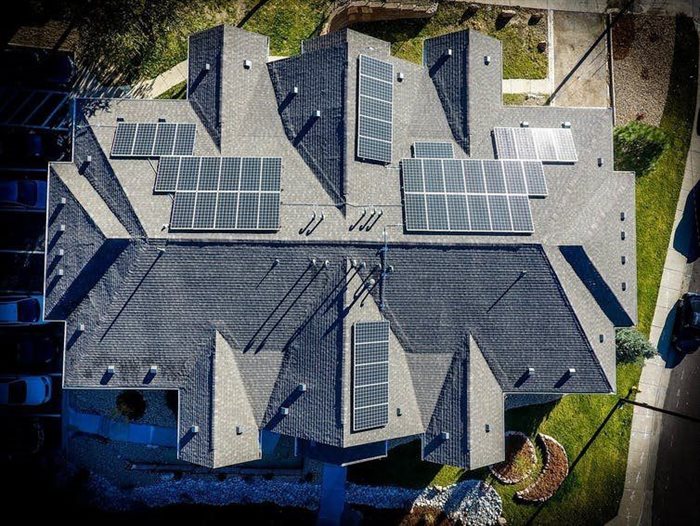






In rands and cents, it would make sense that spending R200,000 on installing a solar PV system should increase your home’s value by R200,000. “The reality is that it’s more complex than that – the value of a solar PV system can either be measured by the quality of the system or in terms of the value it adds to your life in not having to suffer through torturous stages of ongoing load shedding,” says Fine & Country CEO John Herbst.
“Adding a solar PV installation to your home means a buyer won’t have to face the cost and administrative burden, which adds further perceived value.”
Green Building Council South Africa CEO Lisa Reynolds speaks to the second aspect – removing the inconvenience of regular load shedding and the ease and productivity that it brings. “It has all sorts of other beneficial implications that drive impact. It is especially valuable in this time when there is a driving need to have some energy independence and not be tied to the grid completely,” she says.
“With the higher rates of work from home/home office, there is a real need for uninterrupted electricity supply. Whether the potential buyers are working full-time or part-time from home, solar would boost the home value. The market will definitely respond positively to homes that have been fitted with solar above those that have not as the expense will not need to be incurred again.”
Renewable energy consultant Dino Procos believes that a well-designed solar power system, tailored to meet the homeowner’s specific requirements, will add substantial long-term value to the home. “A well-integrated system, with expansion capacity on generation, storage and output, will also allow eventual grid independence,” he says.
“Understanding individual power requirements and available budget will allow the homeowner to decide where to allocate the funding to determine the size of the system. Compromises will need to be made to ensure a quality system, even if only a few systems can be supported during load shedding.”
To maximise value, Procos recommends ensuring that the installer supplies a supplementary electrical certificate to be read with the original certificate. “Also, remember that your warrantee on equipment is the responsibility of the supplier. Request the contact details for battery, inverter and PV module suppliers so that you can contact them directly in the event of a claim or the original installer not being in business,” he says.
Because the cost of solar PV installations is still high, many installers offer rental or rent-to-own options. Banks are coming on board with specialised finance for installation purchases. The rental or rent-to-own contracts generally include the cost of regular maintenance and system upgrades. The former generally continues indefinitely, while the latter is for a fixed term and is subject to annual price increases.
“The reality is that solar PV installations are no longer ‘the future’ – they’re very much the present, and the scale at which installations are taking place means they’re rapidly going to become considered as much of a fixture as a geyser,” says Herbst.
“There’s no downside to installing a quality solar PV system at your home to at least maintain its value – and boost its appeal.”